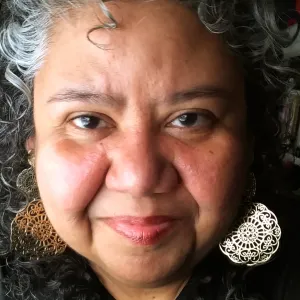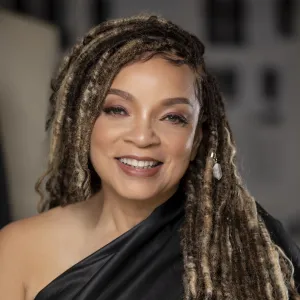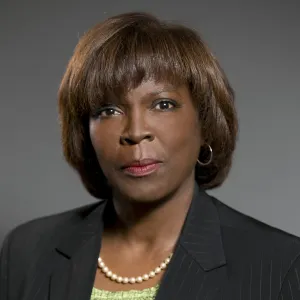Commencement Honorands Announced
Events
Five remarkable leaders will offer words of wisdom to Smith graduates
Published February 22, 2024
Five distinguished leaders in the arts, academia, journalism, social justice, philanthropy and business will be recognized with honorary degrees from Smith College during Commencement on Sunday, May 19, 2024. In a break from tradition, there won’t be one keynote speaker at this year’s ceremony. Instead, each honorand will offer a few words of wisdom and congratulations to graduates.
Honorary degrees will be awarded to:
- María Luisa Arroyo Cruzado, poet laureate and feminist intersectional educator
- Ruth E. Carter, two-time Academy Award winning American film costume designer
- Ertharin Cousin, CEO & managing director of Food Systems for the Future
- Jill Lepore, award-winning academic, journalist and writer
- Reeta Roy, CEO of Mastercard Foundation





